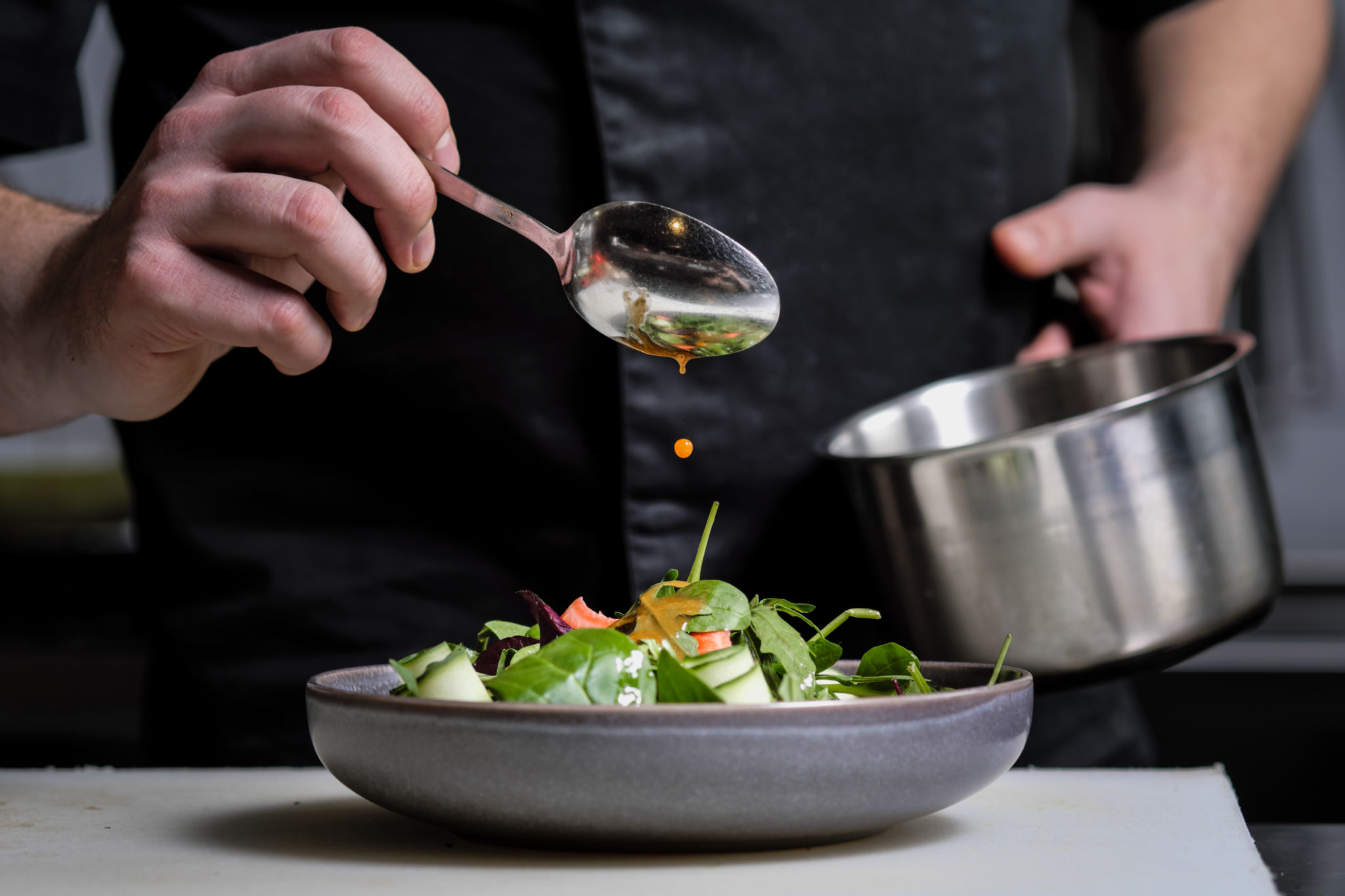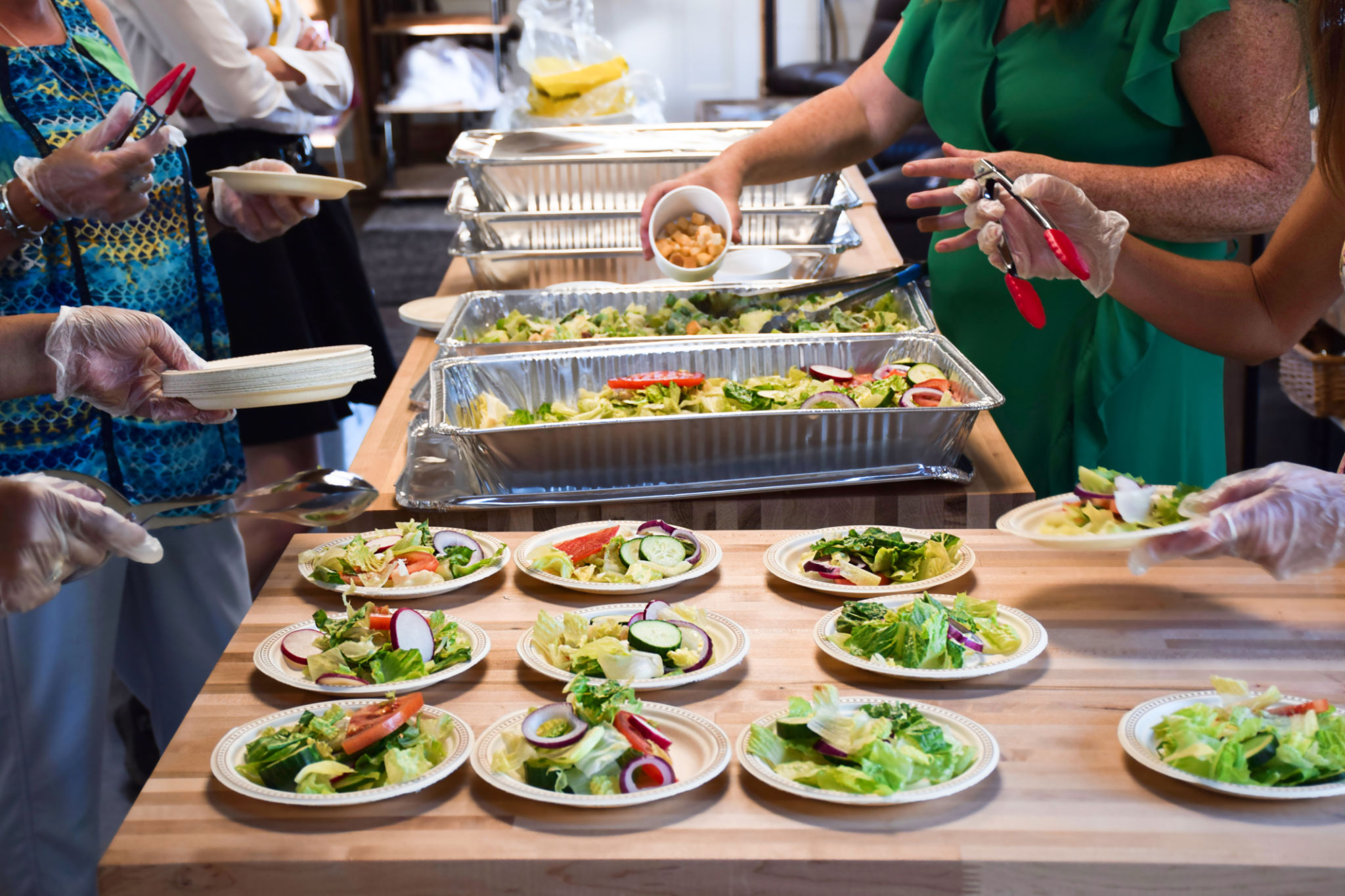How Culinary Arts Transform Lives: The Impact on Rehabilitation
The Transformative Power of Culinary Arts
The culinary arts have long been celebrated for their ability to bring people together, but their impact goes beyond just creating delicious meals. Culinary programs are increasingly being recognized for their potential to transform lives, particularly in the context of rehabilitation. By engaging in cooking, individuals can develop valuable life skills, build confidence, and open doors to new opportunities.
One of the most significant impacts of culinary arts in rehabilitation is the development of practical skills. Learning to plan, prepare, and cook meals helps individuals gain a sense of responsibility and independence. These skills are not only crucial for personal development but also provide a foundation for potential career paths in the food industry.

Building Confidence and Self-Esteem
Culinary programs offer more than just technical skills; they also foster personal growth. Participants often experience increased confidence and self-esteem as they master new recipes and techniques. The process of creating a dish from scratch and seeing the final product can be incredibly rewarding, providing a sense of accomplishment that translates into other areas of life.
Moreover, cooking encourages creativity and problem-solving. Experimenting with flavors, adjusting recipes, and overcoming kitchen challenges require innovative thinking. These experiences can help individuals become more adaptable and resilient, qualities that are essential for successful rehabilitation and reintegration into society.

Creating Community Connections
Another critical aspect of culinary arts in rehabilitation is the opportunity to build connections. Cooking often involves teamwork, collaboration, and communication, which are vital social skills. Participants learn to work together towards a common goal, fostering a sense of belonging and community.
Many rehabilitation programs incorporating culinary arts also connect participants with local chefs, restaurants, and food industry professionals. These connections can lead to mentorship opportunities and even employment prospects, further supporting the journey to recovery and independence.

Promoting Mental Health and Well-Being
The act of cooking itself can have therapeutic benefits. Engaging in culinary activities can reduce stress, improve focus, and enhance mood. The rhythmic nature of chopping vegetables or kneading dough can serve as a form of meditation, allowing individuals to find peace and relaxation in the process.
For many, cooking becomes an outlet for expressing emotions and managing mental health challenges. The sensory experience of working with ingredients—touching, smelling, tasting—can be grounding and provide a break from negative thought patterns. This therapeutic aspect of cooking is an integral part of why culinary arts are so effective in rehabilitation settings.
The Road to Recovery Through Culinary Arts
The impact of culinary arts on rehabilitation is profound and multifaceted. By offering a platform for skill development, personal growth, community connection, and mental well-being, culinary programs provide a holistic approach to recovery. As more rehabilitation centers recognize these benefits, we can expect to see culinary arts playing an increasingly vital role in transforming lives.
Ultimately, the kitchen becomes more than just a place to prepare food—it becomes a space for healing and transformation. By embracing the power of culinary arts, individuals are empowered to rebuild their lives with newfound strength and purpose.